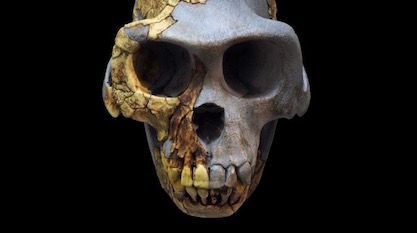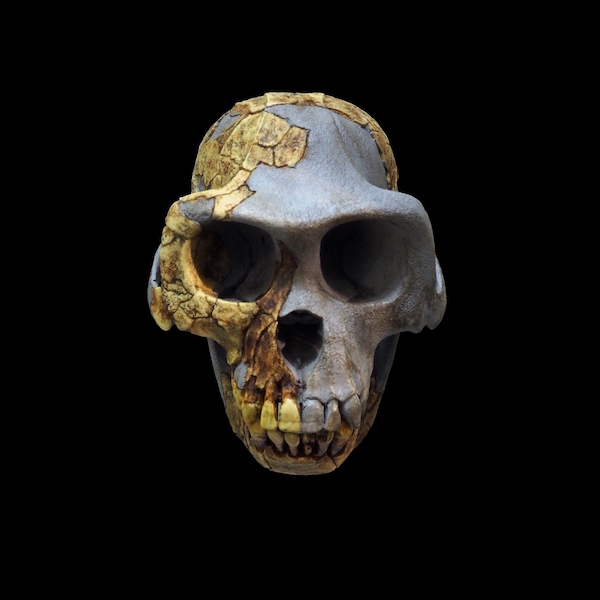 Human Origins
Human Origins
On Human Origins, the Need for Theory Evaluation


The state of the question on human evolution is, in many ways, similar to that on evolutionary theory as a whole. As Colin Barras reveals in his recent article on for the BBC, noted here last week, there are conflicting evidences, a lack of details, opposing hypotheses held with great confidence, and a wide range of explanatory mechanisms that are routinely used as needed. That much is obvious. What is a bit more subtle, and arguably even more important, is the absence of a serious evaluation of the theories at hand.
Barras’s article is a good summary, from T.H. Huxley and Darwin up to today, of how evolutionists have viewed human origins. What is humanity’s phylogenetic neighbor, our so-called sister species, and what is our most recent common ancestor?
Following Huxley, early evolutionists typically held gorillas or chimpanzees as both our sister species and representative of the common ancestor, which swung from branch to branch and rambled along on all fours. But some evolutionists held that monkeys were our closest evolutionary neighbor.
With the rise of molecular biology came genetic comparisons and the firm conclusion that chimpanzees and bonobos are our sister species. Huxley, it seemed, was right. Students were told, in no uncertain terms, that the chimps were our sister species — after all, we shared something like 99 percent of our DNA in common with them.
But then new evidences arose, casting doubt on this seemingly incontrovertible truth. Subtle differences between gorillas and chimps suggested independent evolution, rather than inheritance via a common ancestor, of certain traits. Furthermore, a new fossil species, Ardipithecus ramidus, as well as anatomical and behavioral comparisons, called into question the accepted human-chimp relationship.
All of this leaves evolutionists today contemplating a range of explanations for human evolution. One common theme of all the different explanations, however, is their lack of detail. The explanations do not provide any sort of detailed account of the rise of the many unique traits and capabilities in humans.
And where detailed evidence does exist, such as in the chimp, gorilla, and human DNA data, it makes little sense (see here, here, and here, for example).
The theoretical problems and lack of detail with human evolution, and evolution in general, raise the question of how good these theories are. Evolutionists repeatedly state that evolution is a fact, just as much as gravity, heliocentrism, and the roundness of the Earth are facts. There is no question about it.
But the science does not support this claim. What we need is a legitimate, serious evaluation of the theories at hand.
Photo: Ardipithecus ramidus, skull cast, by Rama [CC BY-SA 3.0 fr, CC BY-SA 2.0 fr or CeCILL], via Wikimedia Commons.
Cross-posted at Darwin’s God.
